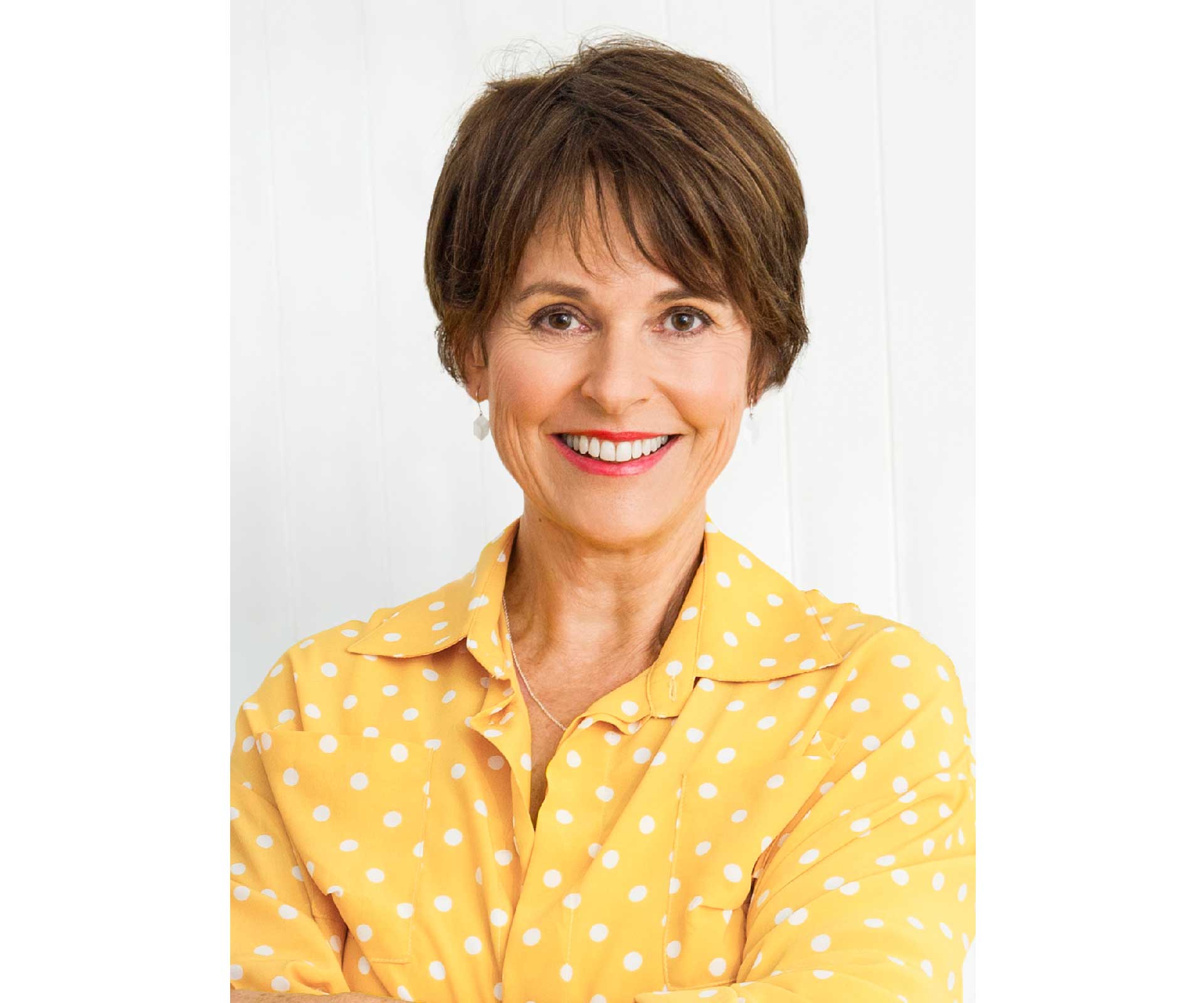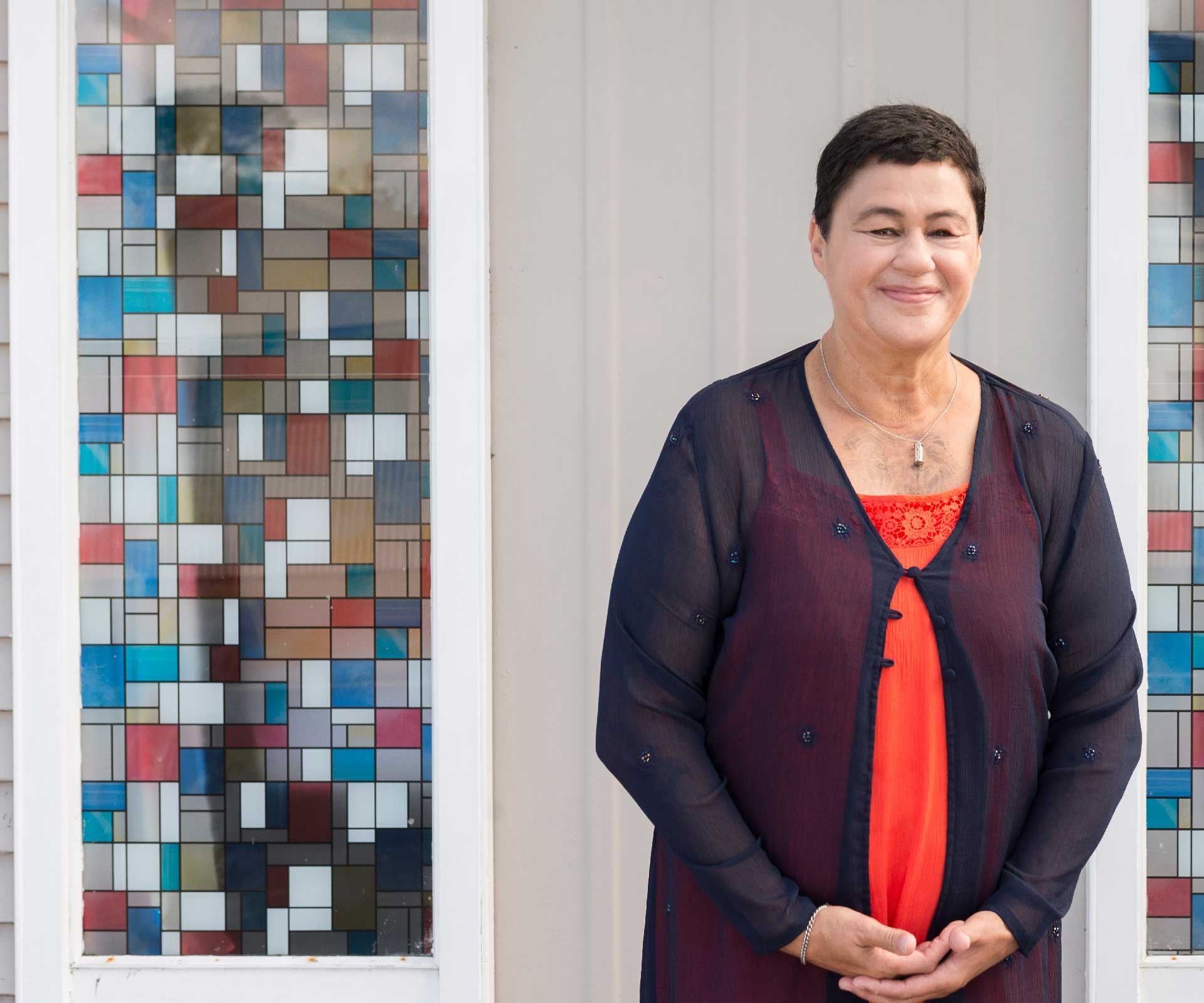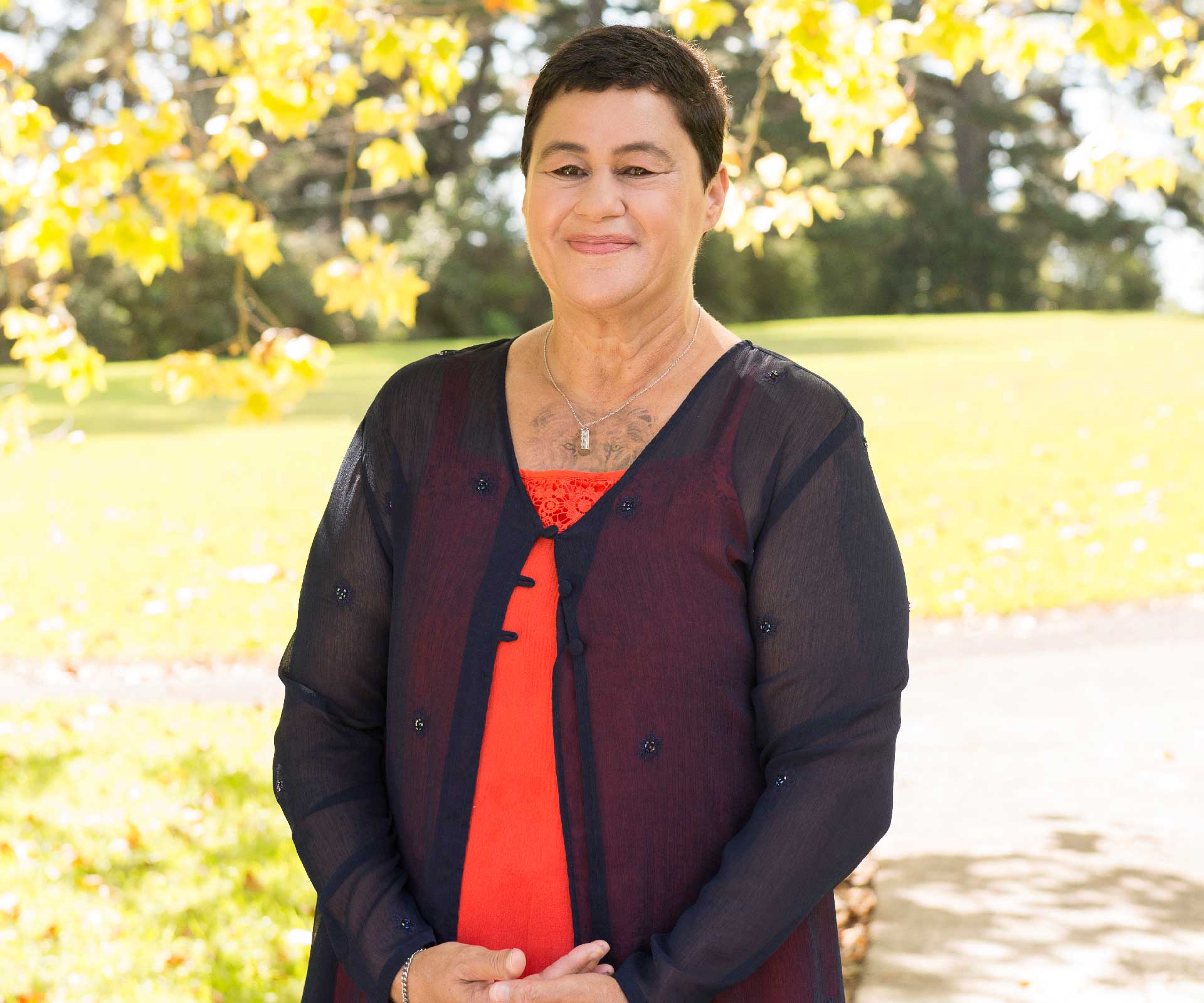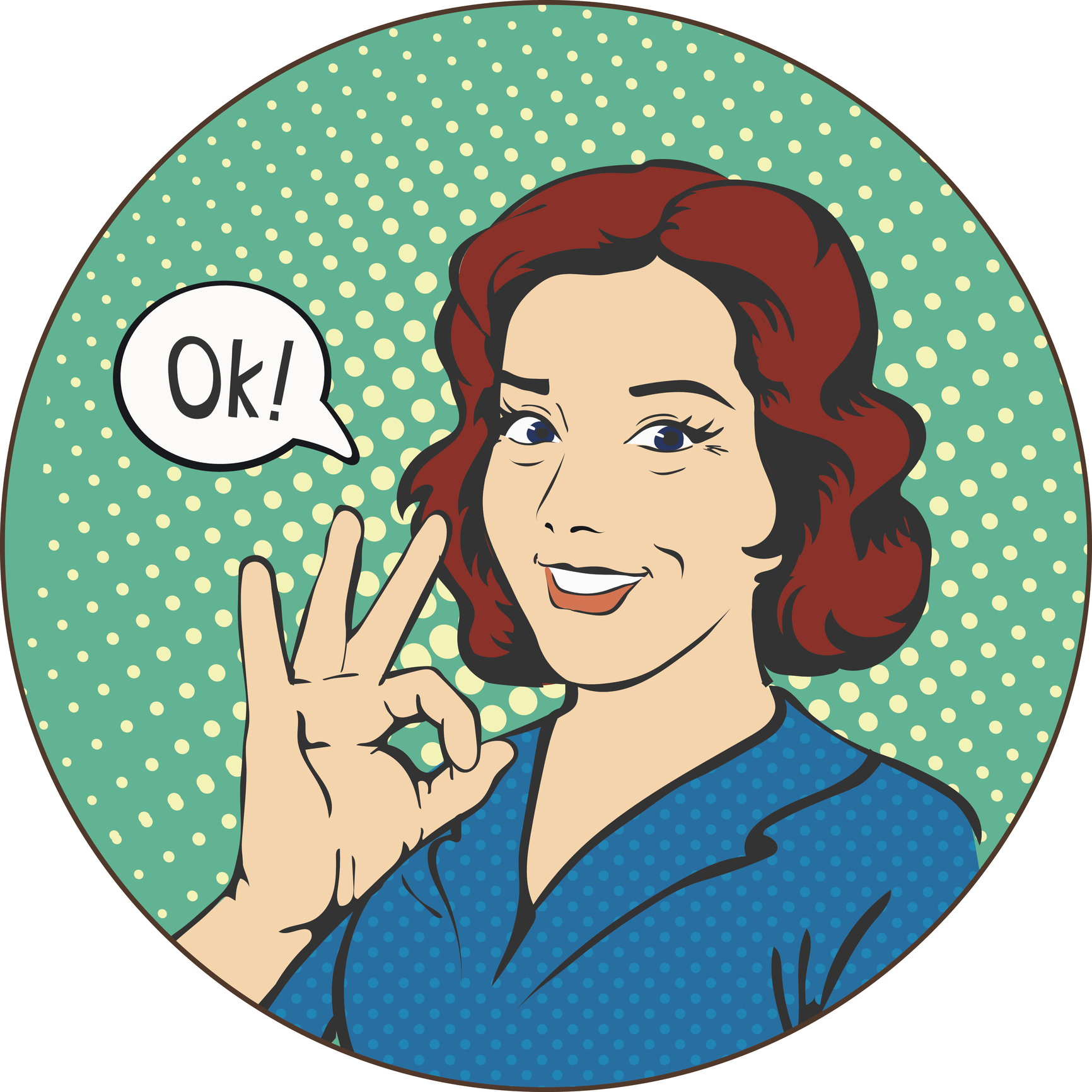“I’m your Marge.” That’s what she tells the damaged little people she cares for. And what a comfort that must be.
Margaret Chung is an extraordinary woman. She has cared for more than 50 children in the past nine years. All of them taken from their families for their own protection by CYF, or The Ministry for Vulnerable Children as it is now called.
The first thing you see as you stand on the doorstep of Marge’s rambling west Auckland home is a word painting. It proclaims, “In this house we’re a family. Love each other, laugh a lot, sing out loud, do hugs, smile, share good things, forgive quickly, do I’m sorry, show respect…” Hers is that sort of home.
Marge greets me with a baby cradled in her arms. His big brown eyes solemnly take me in, and then, after a bit of encouragement, he gives a tentative smile. He is safe in those enveloping arms.
Marge doesn’t judge the families who need her help.
“People who have been poorly parented themselves have no role models in how to parent effectively. If you only have limited knowledge and limited schooling you just do your best.
“My desire is for these children to have some happiness in their lives.”

Judy Bailey
Margaret Chung was born 51 years ago in Taupo to a Maori dad of Ngapuhi descent and a Pakeha mother.
She remembers her own childhood as being idyllic. Like most country kids, she played outside all day with other children in the neighbourhood. She and her siblings were loved and cherished. Theirs was, she explains, an open house. Everyone was welcome.
“Dad was from a big family. There were always cousins staying and aunts and uncles. Mum had a big heart. There was a family of young children in our street whose mother had passed away. They spent a lot of time at our house.”
It’s that generosity of spirit that they have passed on to their daughter.
“We didn’t have much money [Marge’s dad was collecting rubbish at the time, while he waited for a job to come up at the Portland Cement Works near Whangarei], but we didn’t realise we were poor.”
The family eventually moved north to Portland when Margaret turned five. And then, at 12, her parents separated and Margaret moved to Auckland with her mother.
It was her mother who first suspected Marge might be pregnant at 15.
“She saw me in the bath one day. I had no idea I was pregnant. I never thought I’d get pregnant at 15. It never entered my head.”
Her mum was supportive.
“She helped me a lot but she also made sure I stood up to my responsibilities. I knew, though, that she had my back. I could rely on her being there for me.”
But Marge’s school was not so supportive. She felt like a pariah. So at 15 she gave up on the education system and devoted herself to bringing up her baby, largely on her own, the young father not yet ready to face that tie.
“He was my first love, part of me loves him still.”
Marge would go on to have another child at 17. And then began her own special tragedy. She was finding it hard to cope with two young children on her own and so she agreed to have her second child adopted by an extended family member. But, uneasy with the decision, Marge went to collect her baby daughter 10 days later.
The adoptive father would have none of it and threatened to call the police. He told her she didn’t have any right to her child. A naive 17-year-old, she believed him. Five years later she ended up essentially fostering her own daughter. It turned out she had been terribly abused by the adoptive parents. She returned to live with Marge, her birth mother.
“We went through some very painful, hard times,” Marge tells me, “but she is now happily married with a beautiful daughter and son of her own.”
Her own early struggles have left this warm-hearted woman with a real understanding of what many of the families she’s dealing with have suffered.
“I was abused by a family member when I was young. I know the heartwrenching feeling of giving up a child to what I hoped would be a better life, only to find her being abused by people I thought I could trust.”
Marge tells me almost all the kids who come to her are obsessed with food.
“They’re used to not having enough. I keep the pantry door open, so they can see the food. I also put a menu up so they know what’s coming.”
What is their mood like when they come?
“Often they’re vile, angry that they’ve been taken from their family. You’re the bad guy, even though you’ve taken them away from hunger, from beatings.”
Her eyes fill with tears as she tells me of one family who came.
“The little boy was raw from the neck down with eczema. He had rickets and both he and his sister were covered in lice. I had to bath and shower them three times just to clean them. The boy had a pair of shoes his dad had given him. They smelt so bad but they were his most precious possession. He would hug them and get anxious when he lost them.”

“These children need great male role models. I make a real effort to bring good men into the house.”
She’s found a wonderful role model in her husband, Michael Chung. They met 20 years ago on a phone line dating service. She gives an embarrassed laugh as she tells me this. It turns out her children encouraged her to try the service. It proved to be a winner. Marge and Mike have been married for 15 years.
“He’s the best thing I’ve ever had in my life besides my children. He takes everything in his stride.”
Mike shares Marge’s big warm, generous heart.
Three years ago some little boys came into their lives. They came initially for short-term care. The baby was just two days old and suffering from severe jaundice.
“He looked like a little yellow bumble-bee,” Marge says.
It turned out there was no one who could take the boys together. The little brothers would have had to be split up. So Marge and Mike have given them a home. A photo of them, sporting the broadest of smiles, lights up the living room wall.
“Sometimes I think with my heart,” Marge explains simply.
“Sometimes children freak out. When Mike goes to work they say, ‘Where’s Mike going? Why is he going to work?’ Many of them have never known a man to go to work. They say, ‘Why is he kissing you [before he leaves for work]? What’s he done? Is he going off to get drunk?’
“None of them have had routine in their lives. Most of them have come from chaos and madness, that’s all they know, so for the first few days I just observe them. And then gradually they come to understand that we get up in the morning and brush our teeth, then we have breakfast and go to school. We make time for talking together.”
With Marge, these children have a refuge from the chaos until they are placed in a “home for life”. A home for life is not a full adoption. They still have contact with their birth parents.
She makes a real effort to teach them manners.
“In life you need manners. Please and thank you. Their thank yous are so genuine. “I teach them about respect.”
How does she gain the trust of these children?
“They know I’m always here, I’m straight-up, I’m staunch. I will always listen to them and give them the benefit of the doubt. I’m in their corner. If they have trouble at school I go in to bat for them.”
She’s well aware of the perils of labelling children.
“They’ll say, ‘We’re dumb eh? Cos we’re CYFS kids’. ‘Are you?’ I’ll say. ‘You are only what you think you are. Marge thinks you’re awesome.’
“We had one little kid with a wonky eye and he came home from school having been teased about his eye. I told him, ‘If that’s all they can see, they’re missing out on something beautiful.’”
Many of the children have terrible nightmares when they first arrive. It’s Marge who gets up to comfort them.
“I have a little bag of glitter. I call it my monster dust. I tell the children, monsters don’t like pretty things, so we sprinkle the monster dust in their doorways and it helps keep the monsters away. It’s a pain in the vacuum cleaner though!”
Marge and Mike have a daughter together, Michelle, a striking 17-year-old with a gentle grace about her. It was Michelle’s idea that the family should open their home to needy children. She came home from school one day with a Lifewise brochure about fostering children. Lifewise is an Auckland-based community social development organisation.
Its roots trace back more than 150 years in the Methodist Church. Michelle is caring for the baby, feeding and playing with him while Marge and I talk. She wants to be a nurse. Caring, it seems, comes as naturally to her as it does to her mother.
Marge finds it hard when her little charges move on to permanent placements.
“It really gets me, every time. I hate to see them go, but I never cry around the child. It’s tough. I don’t normally stay in touch for their sake. They need to settle in to their new life.
“The kids keep me going. I’m blessed I get so much from them. I learn new things every day. I hope I give them love and inner peace. I want them to get their childhood back.
“Children can be great if they have great people to follow.”
Marge’s hope is that more people will become foster parents. “Put your hand out and help a child out if you can. These kids may not be from our blood, but they’re from our heart.”
If you are interested in becoming a foster parent or wish to support Lifewise’s work, email [email protected], visit lifewise.org.nz, or call (09) 818 6834.


